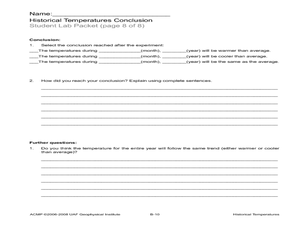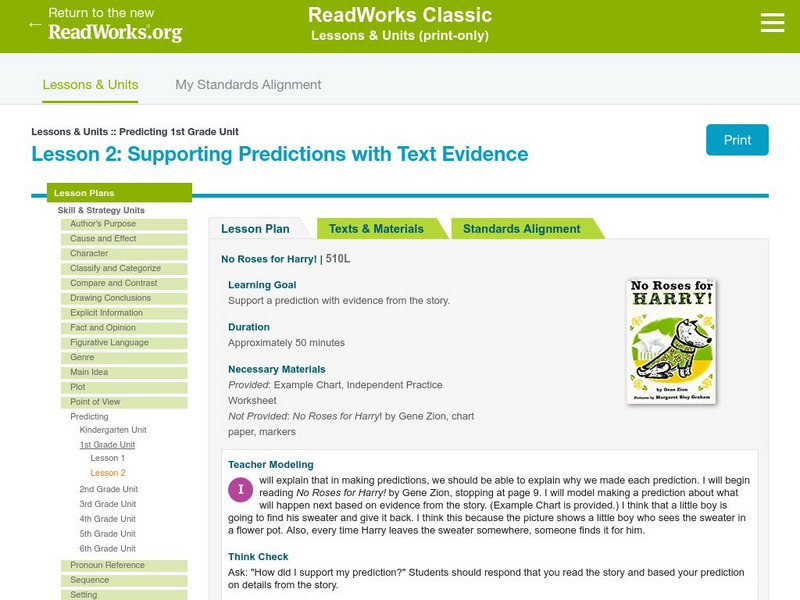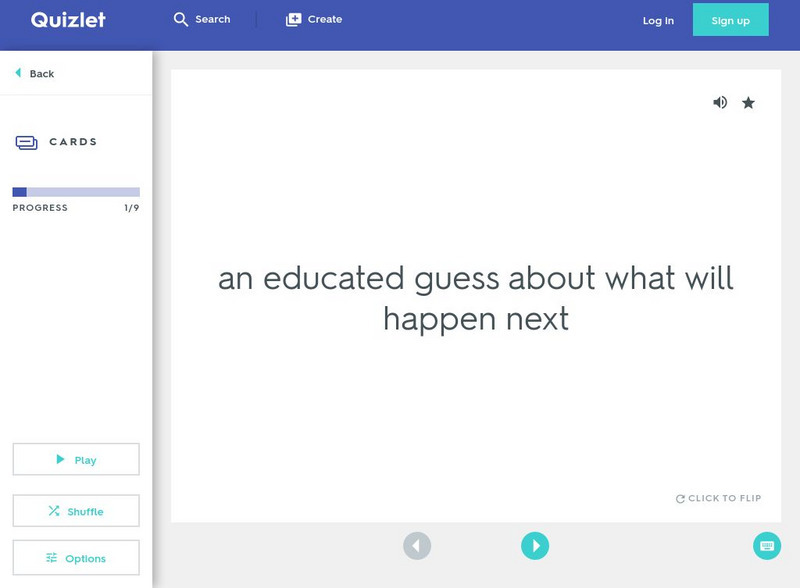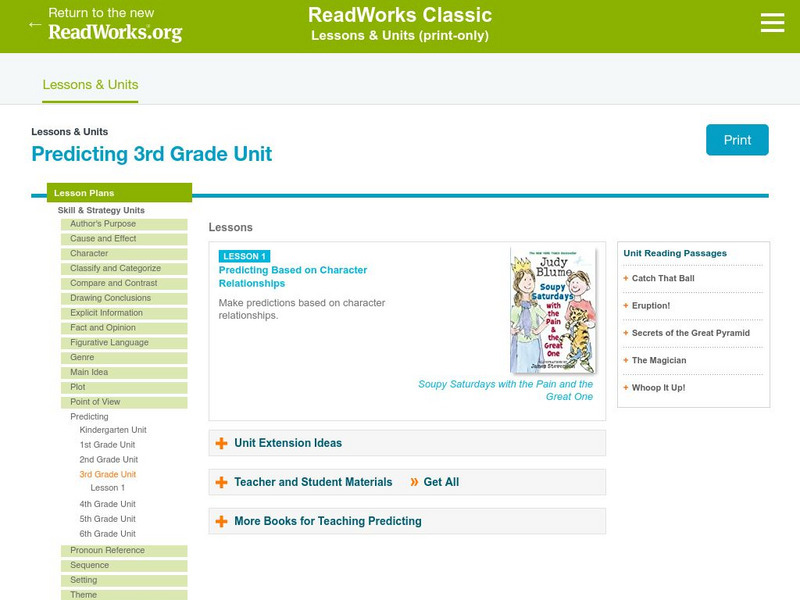Curated OER
Microbial Contaminants in Drinking Water
When presented with three unopened bottles of water, young scholars are asked to tell decide which one is contaminated with a microbe. Students work in small groups and role play being a Microbiologist, a patient, or a recorder. The...
Curated OER
Who We Are
Students analyze population data and trends in Canada over a given amount of time. As a class, they are introduced to the concept of dependency load and use a population pyramid to calculate the figure. Using the internet, they...
Curated OER
Testing Weather Proverbs
Students study weather proverbs. In this weather lesson, students list weather proverbs and complete the worksheet to test the proverb. Students design an experiment to test the weather proverbs and conduct the experiments.
Curated OER
Historical Temperatures
Learners research historical regional temperatures for their current season. In this historical weather lesson, students conduct weather station and Internet research to learn about historical regional temperatures. Learners collect and...
Curated OER
Weather Instrument Use and Application
Eighth graders measure temperature, wind speed and pressure using Skymaster SM-28. In this earth science lesson, 8th graders collect data and record observations taken from outdoors. They explain why numerical values are different in...
Better Lesson
Better Lesson: Introduction to Making Predictions and Inferences
First graders will engage in a shared reading of "Mr. C's Dinner" so that we can build a foundation for understanding what it takes to make good predictions and inferences.
Tom Richey
Slide Share: Prediction and Inference: A Reading Strategy
This downloadable slideshow focuses on prediction and inference including the similarities and differences between them, when the reader does each, and questions to ask as you are reading.
E Reading Worksheets
E Reading Worksheets: Making Predictions Worksheets and Lessons
In this learning module, students will learn more about making predictions in reading. Worksheets and a leson are provided to support Tier I, Tier II, and Tier III students.
Read Works
Read Works: 1st Grade Unit: Supporting Predictions
[Free Registration/Login Required] A lesson utilizing the book No Roses for Harry! by Gene Zionin in which students make a prediction and then support it with details from the text. Ideas for direct teaching, guided practice, and...
Quizlet
Quizlet: Prediction and Inference Terms Flashcards
Eight flashcards on literary terms including: prediction, inference, suspense, foreshadowing, character, character traits, motivation, denotation, and connotation.
Quizlet
Quizlet: Prediction and Inference Terms Test
A test with five matching questions and 4 multiple choice questions over the following literary terms: prediction, inference, suspense, foreshadowing, character, character traits, motivation, denotation, and connotation.
Quizlet
Quizlet: Prediction and Inference Terms Match
Race against the clock while matching each literary text term with its definition. Terms include: prediction, inference, suspense, foreshadowing, character, character traits, motivation, denotation, and connotation.
Read Works
Read Works: Predicting 1st Grade Unit
[Free Registration/Login Required] A two-lesson unit designed to teach students to make predictions and support them with details from the text. Lessons are based on the books Wemberly Worried by Kevin Henkes and No Roses for Harry! by...
SMART Technologies
Smart: Inference and Prediction
Students will learn the difference between making a prediction and an inference as they engage in class discussions about both reading skills, play a game, look at art, and listen to songs.
Read Works
Read Works: Predicting 3rd Grade Unit
[Free Registration/Login Required] This is a lesson plan designed to teach students to make predictions based on relationships between characters. The lesson plan is based on the book Soupy Saturdays with the Pain and the Great One by...
PBS
Pbs Learning Media: Blue Ribbon Readers: The Detective's Notebook Game
An online learning game where students read the notes in a detective's notebook and make inferences and predictions to solve the case.
Quizlet
Quizlet: 5th Grade: Observation vs. Inference Proficient: Test
This interactive assessment features 6 multiple-choice questions over the terms observation, inference, and prediction with their definitions and examples.
Quizlet
Quizlet: 5th Grade: Observation vs. Inference Proficient: Match
In this interactive game, students match the terms observation, inference, and prediction with their definitions and examples.
Texas Instruments
Texas Instruments: Inference for Correlation and Regression
In this activity, students test if a significant relationship exists between a bivariate data set, and then calculate the confidence and predictive intervals. They also improve the interval-prediction capabilities by automating the process.
Quizlet
Quizlet: 5th Grade: Observation vs. Inference: Proficient: Flashcards
This set of interactive flashcards focuses on observation and inference. It provides a list of terms with definitions and some examples.
Reading Rockets
Reading Rockets: 103 Things to Do Before/during/after Reading
The highly-respected Reading Rockets program offers both teachers and students a toolkit of ways to connect more actively with the materials they read. Some of these techniques are specifically for fiction-reading, others are designed...
PBS
Pbs Learning Media: Wolong's Pandas
Wild pandas are treated at the Wolong Conservation Center in this video segment from Nature.
SRI International
Performance Assessment Links in Science: Follow Those Tracks
This lesson plan requires students to make an inference (hypothesis) about two animals based on the tracks they leave behind. Students are asked to write a story explaining their inference.
Polk Brothers Foundation Center for Urban Education at DePaul University
De Paul University: Center for Urban Education: Chicago High Schools [Pdf]
"Chicago High Schools" is a one page, nonfiction, reading passage about high schools in Chicago including specialty high schools and the basic requirements for all high schools. It is followed by constructed-response questions which...






















